Description
DSTIKE WiFi Deauther OLED V6 Deauther Monster V5 ESP8266 Development Board 18650 Battery Polarity Protection 4MB ESP-07
DSTIKE WiFi Deauther OLED V6 Description:
Although it is pre-flashed I still suggest you follow instructions to reflash the newest software once. Because software keeps updating all the time. This product does not include 18650 battery. Hardware has RTC inside but time function is not avaliable in the exist software. Please wait update.
Compare to V5:
- Charging current increased to 1A
- Added Highlight LED controled by GPIO16
- Added RTC DS3231
DSTIKE WiFi Deauther Monster V5 Description
Difference
|
Difference |
Deauther OLED V6 |
Deauther Monster V5 |
|
18650 Battery |
1 |
2 |
|
FlashLight LED |
1 |
4 |
|
USB Output |
NO |
YES |
|
Arcylic Case |
YES |
YES |
|
Battery Indicate |
YES |
YES |
|
Charging Current |
1A |
1A |
|
Breakout GPIOs |
YES |
YES |
|
RTC DS3231 |
YES |
YES |
|
Antenna |
8dB |
8dB |
|
Weight |
67g |
85g |
|
Size(LxWxH mm) |
110x32x18 |
117x40x18 |
What is it?
This ESP8266 development board comes with an integrated 18650 charging system, OLED display and a 3 way momentary slide switch.
It comes installed with the latest ESP8266 Deauther software. With this software, you can perform different attacks to test WiFi networks.
Please note that the ESP8266 does only support 2.4GHz.
You can also use it to develop your own software. It is simple to use, just like any other ESP8266 development board.
Function
-
Deauther Attack: Disconnect 2.4G WiFi
-
Deauther Beacon: Create fake networks
-
Deauther Probe:Confuse wifi trackers
-
Packet Monitor:Display wifi traffic
-
CLock:Real Time Clock Adjustable
GPIOs and Hardware info
-
Display: SH1106 1.3" OLED
-
Display SDA: GPIO 5 (D1)
-
Display SCL/SCK: GPIO 4 (D2)
-
WS2812b LED: GPIO 15 (D8)
-
Button Up: GPIO 12
-
Button Down: GPIO 13
-
Button Select: GPIO 14
-
Highlight LED: GPIO 16
-
RTC: DS3231 (RTC only work when you connect battery)
Breakout Pins:
-
GPIO-16
-
GPIO-3(RXD)
-
GPIO-1(TXD)
-
GPIO-5(SDA)
-
GPIO-4(SCL)
-
GPIO-0
-
GPIO-2
-
3.3V
-
GND
-
5V
Why did you make it?
I designed this development board especially for Spacehuhn's great project:ESP8266 Deauther. It has been authorized by him and is officially supported.
Thanks to every customer that leaves feedback! I will keep improving this board.
What makes it special?
-
Only 80~100mA power usage
-
Up to 70h of battery life with two 3500mAh 18650 cells
-
Charging current: 1A
-
Included 8dB antenna
-
Included 2 acrylic case
-
7 GPIO breakouts and 3.3 and 5V output
-
4 LEDs to indicate battery status in real time
-
Power button: Click to turn on, double click to turn off,long click to open flashlight
-
Protection: short, over charging, over discharging, temperature, polarity
-
Added RTC DS3231
-
Added Highlight LED controlled by GPIO16
Disclaimer
This project is a proof of concept for testing and educational purposes. Neither the ESP8266, nor its SDK was meant or built for such purposes. Bugs can occur!
Use it only against your own networks and devices! Please check the legal regulations in your country before using it. We don't take any responsibility for what you do with this program.
More Info
Deauth
Closes the connection of WiFi devices by sending deauthentication frames to access points and client devices you selected. This is only possible because a lot of devices don't use the 802.11w-2009 standard that offers a protection against this attack. Please only select one target! When you select multiple targets that run on different channels and start the attack, it will quickly switch between those channels and you have no chance to reconnect to the access point that hosts this web interface.
Beacon
Beacon packets are used to advertise access points. By continuously sending beacon packets out, it will look like you created new WiFi networks. You can specify the network names under SSIDs.
Probe
Probe requests are sent by client devices to ask if a known network is nearby. Use this attack to confuse WiFi trackers by asking for networks that you specified in the SSID list. It's unlikely you will see any impact by this attack with your home network.
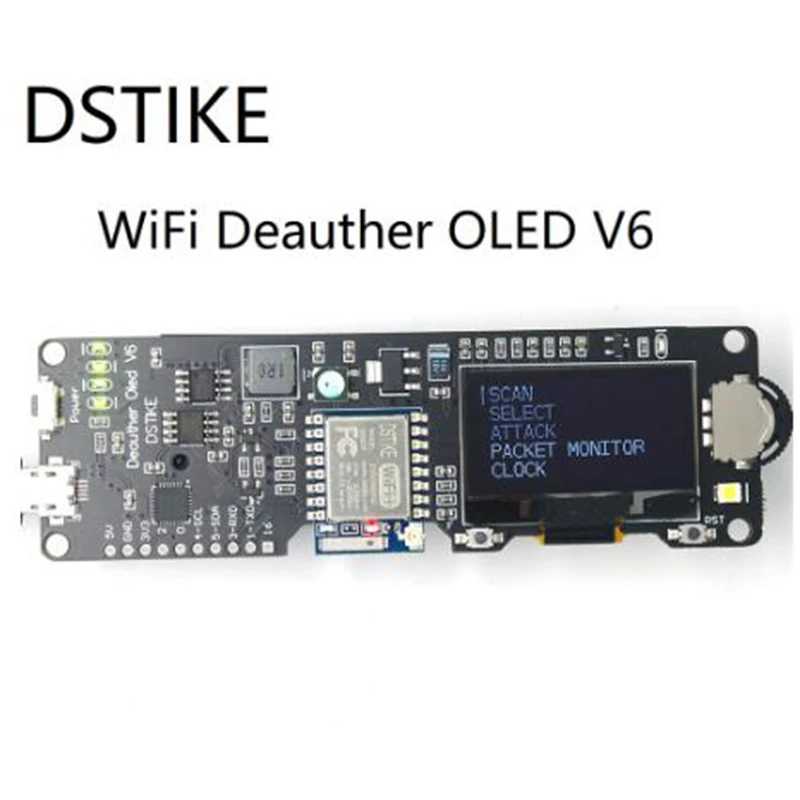
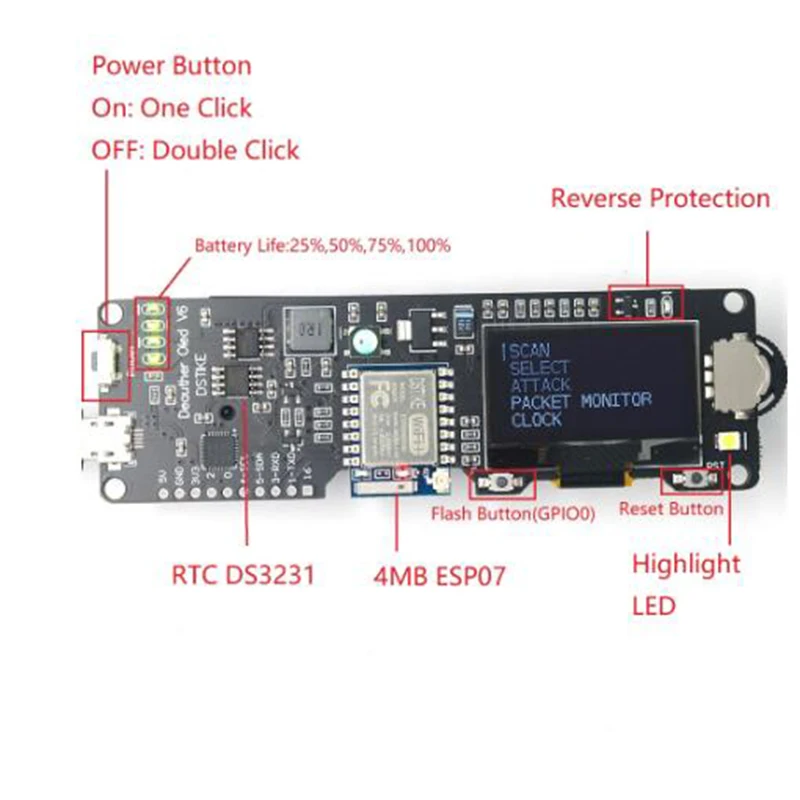
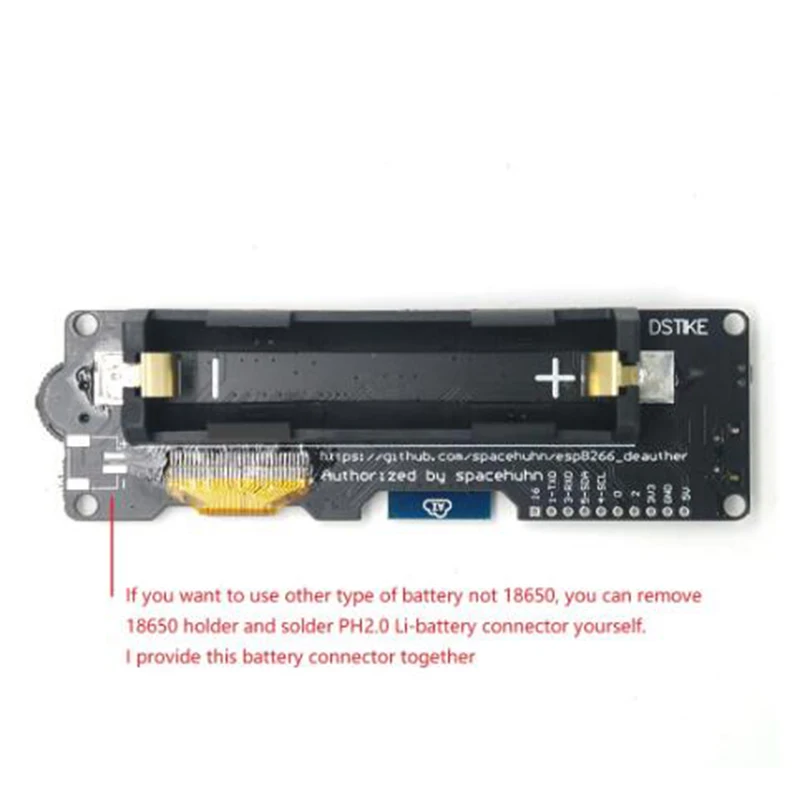

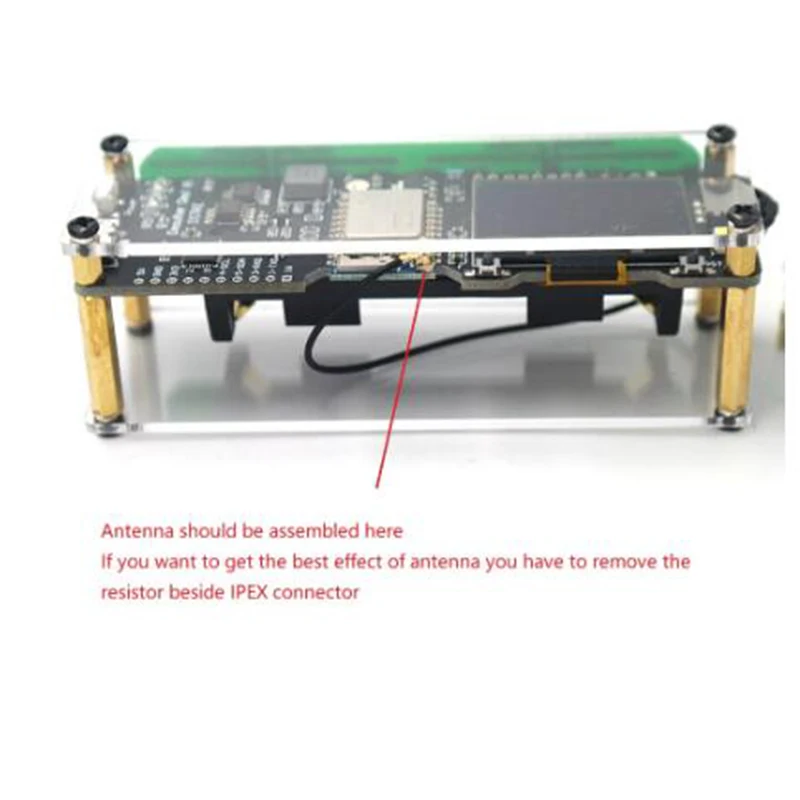
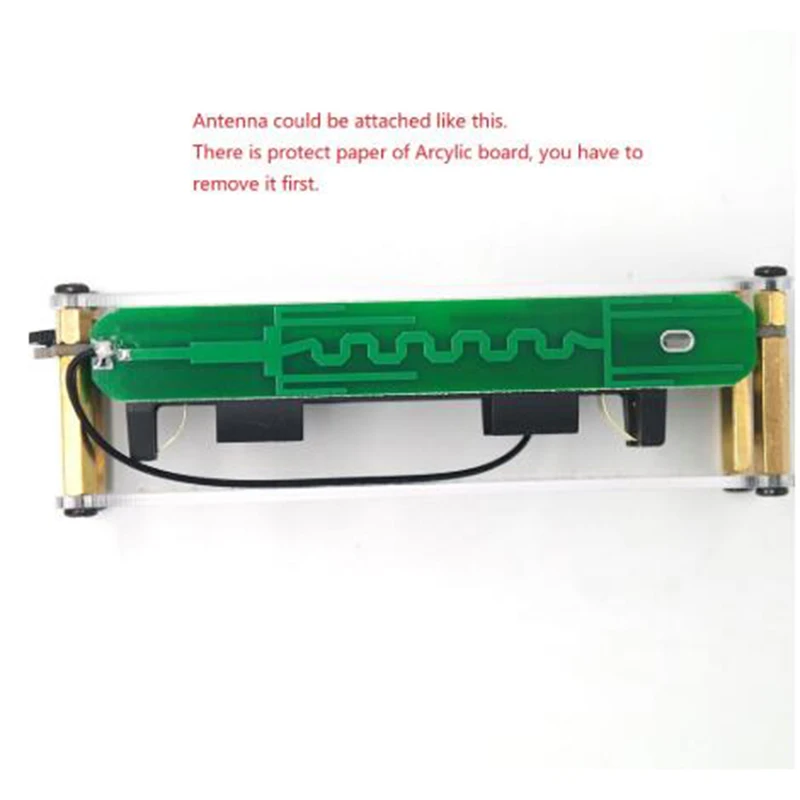





Payment & Security
Your payment information is processed securely. We do not store credit card details nor have access to your credit card information.
























